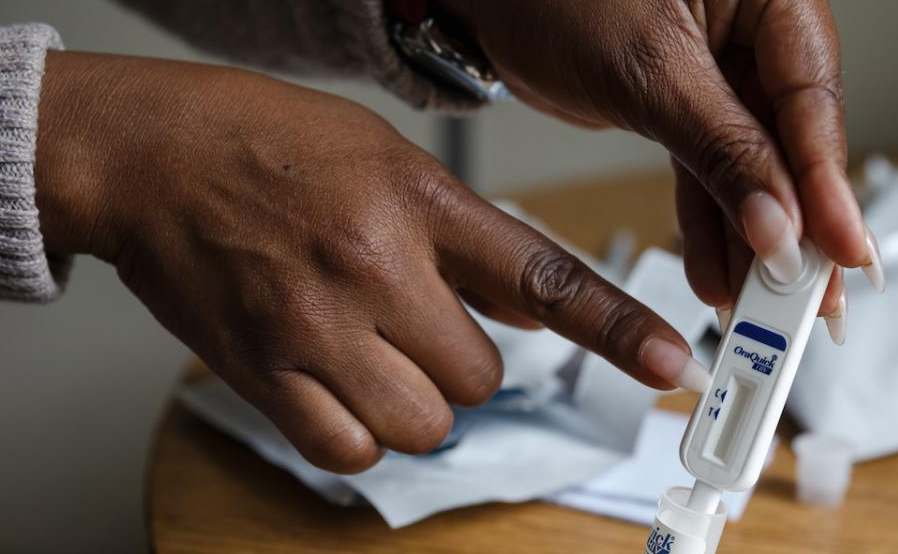Scientists have developed a type of gene therapy that can prevent and treat chlamydia, the most common sexually transmitted infection globally.
The bacterial infection before had no medical prevention measure apart from abstinence.
The new treatment is in contrast with the traditional anti-biotic treatment that continues to develop resistance.
According to the researchers at the University of Waterloo, Canada, the new medication that has shown 65 percent success rate on a single dose is delivered through nanotechnology.
The new treatment developed functions by preventing majority of the bacterial infections from entering cells in the genital tract and further destroys bacterias that penetrates a cell wall.
“We achieved this by using small interfering ribonucleic acid (siRNA) to target a certain gene known as PDGFR-beta in the female reproductive tract that creates a protein that binds to Chlamydia bacteria,” said Professor Emmanuel Ho of Waterloo’s School of Pharmacy.
READ: FIVE THINGS YOU DIDN’T KNOW YOU COULD DO WITH GOOGLE SEARCH
He adds that by focusing on PDGR-beta the virus gets fewer targets to attach itself onto and the infection is less likely to occur.
“In a case where Chlamydia bacteria latches to the cells, we have designed the new treatment to activate a cellular process where infected skin cells are able to form a bubble around the virus and destroy it,” he said.
The treatment siRNA cannot enter the skin cell on its own to reduce PDGFR-beta, therefore, a unique nanoparticle gene therapy aids it to enter and reduce Chlamydia from binding, thus destroying the bacteria and prevents the disease from spreading.
SEE ALSO: WHO TO ELIMINATE CERVICAL CANCER
Chlamydia if left untreated or extension of treatment can cause infertility in women, reactive arthritis in both sexes and increases the chances of one getting HIV/AIDS.
It can further cause premature birth or pneumonia and eye infection to new born babies.
“Finding a new way of treating this infection is important and siRNA drug has been approved for the market and should be widely available in the near future,” said Prof Ho.













2 Comments